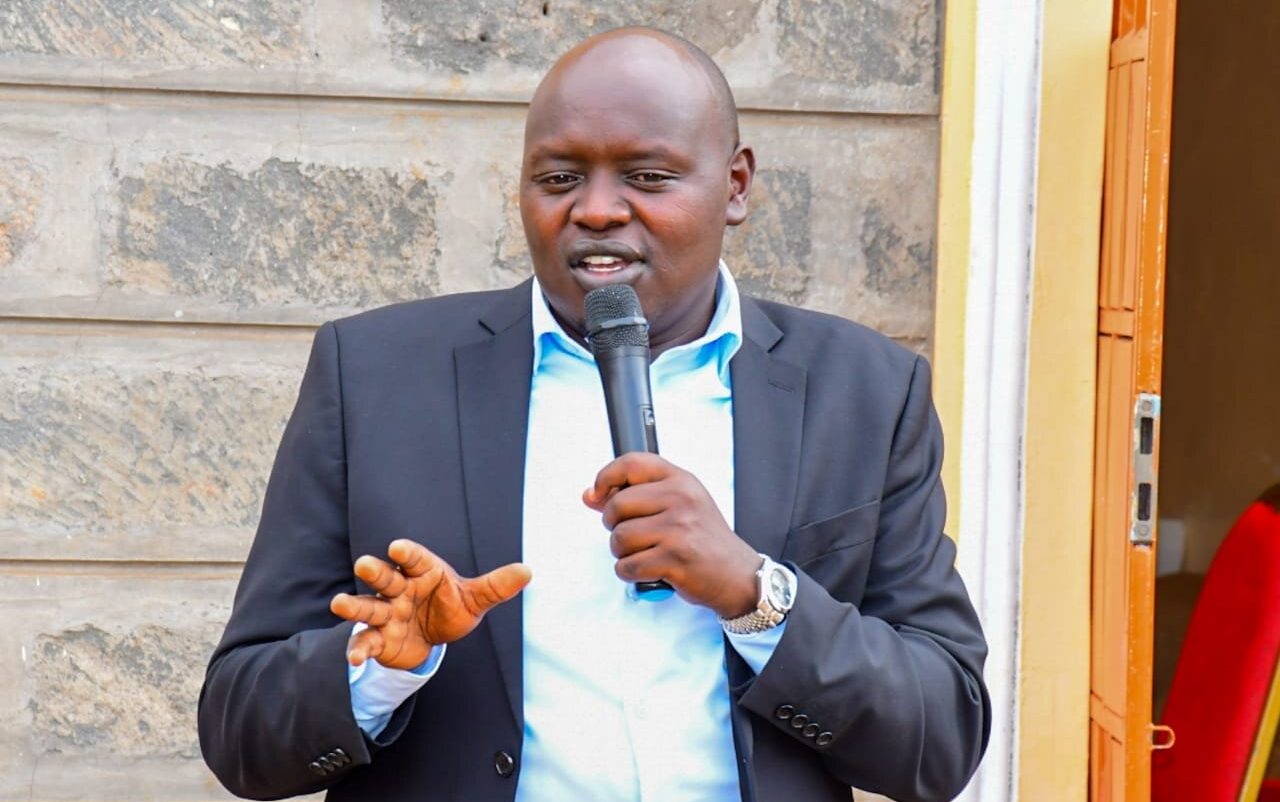Former Nairobi Governor Mike Sonko has dealt another blow after the Court of Appeal dismissed his suit challenging Anne Kananu’s ascension into the office of the Governor.
A three-judge bench threw out a request by Sonko to overturn the High Court’s decision that ruled that Kananu’s nomination, vetting and subsequent swearing-in as the deputy governor were within the law.
The appellate court judges Asike Makhandia, Fatuma Sichale and Hellen Omondi dismissed Sonko’s appeal for lack of merit.
“We hold that the High Court considered the relevant law, and analyzed the applicable legal principles to arrive at the conclusion that there was no need for a formal appointment of the 11th respondent(Kananu) after her approval by the County Assembly, ” the judges ruled.
The bench concurred with the High Court decision that a reading of Section 32(D) of the County Government Act and the Public Appointment (County Assemblies Approval) Act did not support the suggestion that there has to be a formal appointment of the Deputy Governor once the County Assembly approves the nomination.
“The appointment of Kananu was in between two legal regimes having been initiated under the parameters of the Supreme Court’s Advisory Opinion and concluded under Section 32D of the County Governments (Amendment) Act, and it was only appropriate to conclude the process under the law operational at the commencement of the appointment process, ” ruled the judges.
Sonko lodged an appeal before the Court of Appeal after the High Court Justices Said Chitembwe, Wilfrida Okwany and Weldon Korir ruled that Sonko never withdrew Kananu’s nomination as deputy governor, as he had alleged.
They found that the attempt to withdraw Kananu’s nomination by Sonko was unlawful and ill-motivated.
“Before his impeachment, Sonko had voluntarily nominated Kananu as deputy governor, but later after his impeachment, he decided to withdraw her nomination.”
The court ruled there was appropriate public participation in Kananu’s vetting, dismissing the arguments by Sonko that there was no public participation









